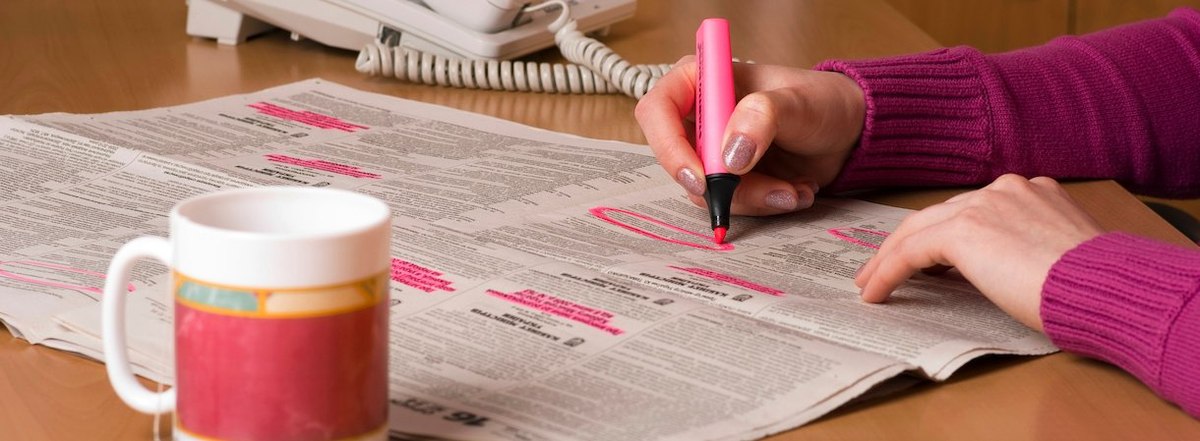The latest jobs report demonstrates resilience in the labor market, with many more jobs added than expected. Despite this and other positive economic news — a debt ceiling deal and cooled inflation rates — Americans continue to be generally negative about the state of the economy, the latest Economist/YouGov poll shows. Prices remain a major concern among many and continue to be ranked as Americans' most important issue, far above unemployment.
Jobs and unemployment
The share of Americans who describe unemployment as a very serious problem in the U.S. has fallen significantly since the start of the COVID-19 pandemic in early 2020. For roughly a year after the pandemic began, there was a large partisan gap in the share of Americans viewing unemployment as a very serious problem, with Democrats being around three times as likely as Republicans to describe it that way. However, since soon after Joe Biden's inauguration as president in January 2021, that gap has narrowed: 22% of Americans overall now describe unemployment as a very serious problem, including 17% of Democrats and 27% of Republicans.
Far more Americans say inflation is a more important problem facing the U.S. today than unemployment (53%) than say unemployment is the more important of the two (6%); 36% say both are equally important problems.
Just 37% of Americans think that the number of jobs in the U.S. is increasing; 38% believe that the number of jobs is steady and 26% believe the number of jobs is decreasing.
Many have negative views on other aspects of the economy
- Half (50%) believe the U.S. is currently in a recession.
- A majority (54%) say the U.S. economy is getting worse.
- As the summer travel season begins, a majority (53%) expect gas prices to rise in the next six months.
- Nearly half (46%) say the inflation rate will be higher in the next six months.
- Most (55%) say they have felt the impact of inflation on their own life "a lot"; 39% have felt it "a little."
- Roughly half (48%) say they have heard mostly negative stories about the economy.
See the toplines and crosstabs from the Economist/YouGov poll conducted on June 3 - 6, 2023 among 1,500 U.S. adult citizens.
Methodology: Respondents were selected from YouGov’s opt-in panel using sample matching. A random sample (stratified by gender, age, race, education, geographic region, and voter registration) was selected from the 2019 American Community Survey. The sample was weighted according to gender, age, race, education, 2020 election turnout and presidential vote, baseline party identification, and current voter registration status. Demographic weighting targets come from the 2019 American Community Survey. Baseline party identification is the respondent’s most recent answer given prior to June 1, 2022, and is weighted to the estimated distribution at that time (34% Democratic, 31% Republican). The margin of error for the overall sample is approximately 3%.
Image: Adobe Stock (Iurii Sokolov)












